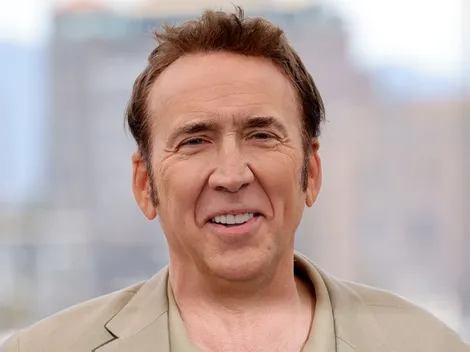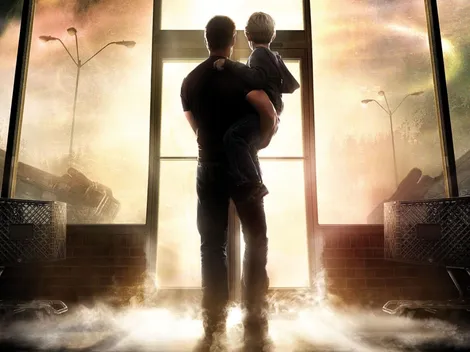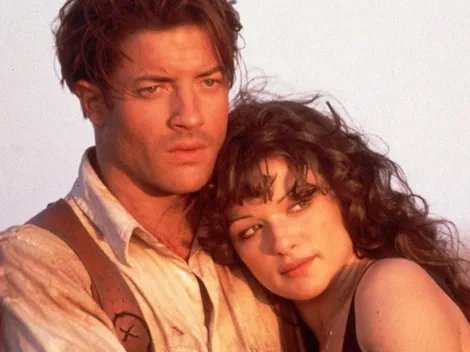Hey Arnold! (1996–2004)

IMDb
Set in a stylized urban neighborhood, Hey Arnold! stood out for its mature storytelling and deep emotional themes. From Helga’s unspoken love to episodes dealing with homelessness and mental health, the show managed to be thoughtful without losing its sense of fun. Arnold’s iconic football-shaped head and his signature kindness made him a relatable hero for kids navigating their own complex worlds.
Pinky and the Brain (1995–1998)

IMDb
This Animaniacs spin-off earned its own cult following with sharp writing, clever satire, and unforgettable characters. Pinky and the Brain (one a genius, the other “insane”) delivered witty one-liners and ambitious world-domination plans with the rhythm of a comedy duo. Its adult-leaning humor went over many kids’ heads at the time, but millennials appreciate it now more than ever.
Dexter’s Laboratory (1996–2003)

IMDb
A defining show of Cartoon Network’s golden era. With his secret lab hidden behind a bookcase and a genius-level intellect rivaling most adults, Dexter became a cartoon icon. The show’s clever blend of science fiction, slapstick comedy, and sibling rivalry, especially with Dee Dee’s constant meddling, made it wildly entertaining.
The Powerpuff Girls (1998–2005)

IMDb
The Powerpuff Girls exploded onto the scene with its unique mix of action, heart, and pastel punches. Blossom, Bubbles, and Buttercup weren’t just adorable, they were fierce, funny, and unapologetically powerful. Craig McCracken’s signature animation style and the show’s satirical take on superhero tropes gave it a timeless appeal that still holds up in today’s pop culture landscape.
Rugrats (1991–2004)

IMDb
Rugrats gave viewers a unique look at the world through the eyes of toddlers, complete with misheard adult phrases and wild imagination. Tommy, Chuckie, Angelica, and the gang explored everyday life with the high-stakes intensity only kids could imagine.
Recess (1997–2001)

IMDb
Recess captured the politics and personalities of elementary school with the intensity of a prison drama and it was hilarious. The playground served as a micro-society, complete with cliques, social hierarchies, and its own rules. T.J. and his diverse group of friends navigated everything from tattletales to secret playground economies.
Captain Planet and the Planeteers (1990–1996)

IMDb
Who doesn’t remember their theme song? Before environmental activism became a trending topic, Captain Planet was already delivering eco-conscious messages to a generation of kids. With five young Planeteers representing earth, fire, wind, water, and heart, the show taught lessons about pollution, climate change, and social responsibility.
Batman: The Animated Series (1992–1995)

IMDb
Praised for its art deco style, complex storytelling, and mature tone, Batman: The Animated Series is often considered one of the best animated superhero shows ever made. It introduced definitive versions of characters like Harley Quinn and cemented Kevin Conroy’s Batman and Mark Hamill’s Joker as fan favorites.
Arthur (1996–2022)

IMDb
One of the longest-running animated children’s series in history, Arthur was a warm, honest portrayal of everyday kid problems (friendships, school stress, sibling rivalry) all filtered through the relatable world of anthropomorphic animals. It handled everything from asthma to bullying to internet safety with sensitivity and charm.
Dragon Ball Z (1996–2003)

IMDb
For millennials who grew up on after-school anime blocks or early morning Toonami, Dragon Ball Z was a rite of passage. The battles were intense, the power-ups were epic, and the characters: Goku, Vegeta, Piccolo, and more, became larger-than-life heroes. Even with drawn-out arcs and episodes full of shouting, the show introduced Western audiences to serialized anime storytelling and built a lifelong fandom in the process.





